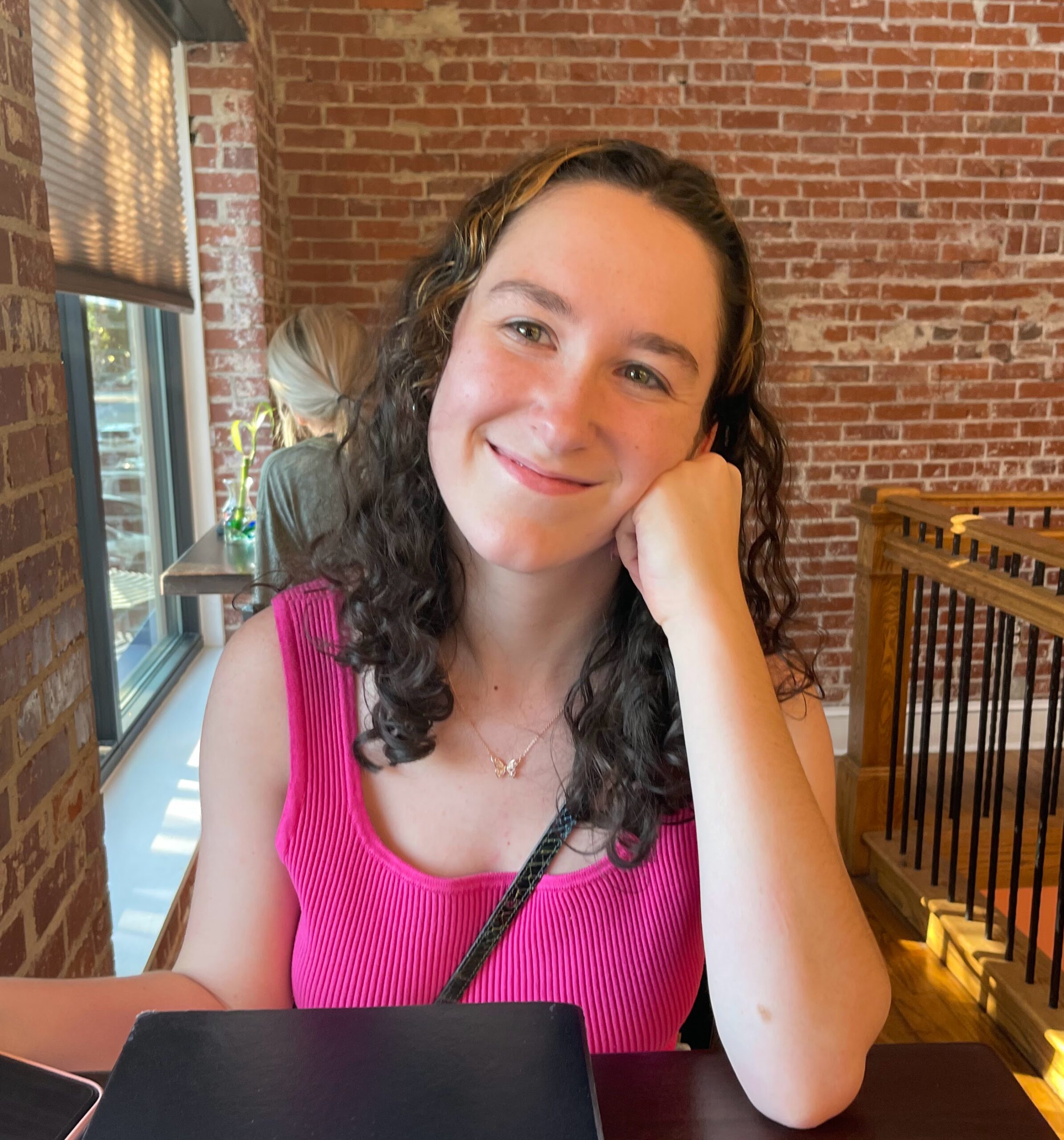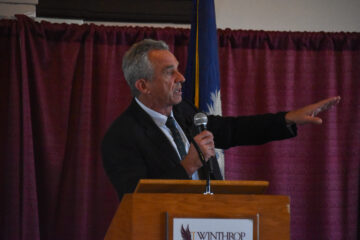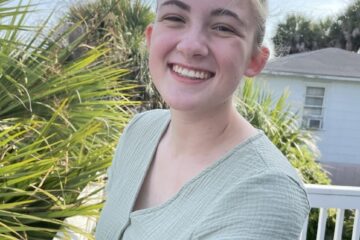Founding-former president David Bancroft Johnson was coming home from school at nine years old–in 1865–when a railroad handcar crushed his arm.
According to “The Torch is Passed” by Ross Web, a novel chronicling Winthrop University’s history, Johnson’s mother “engaged four of ‘the best surgeons’ in the city who did ‘everything in their power’ to save the arm, but to ‘save his life’ they were forced to amputate.”
The author also noted that Johnson said later in life that “the loss of an arm made him realize that he must rely on his mind rather than his muscles if he was to get ahead.”
It was likely Johnson’s perseverance, along with his privilege of being a white man from a financially stable background is what offered him the tentative security he needed to build an institution rather than be confined by one.
He worked as a mail carrier and tutor while attending the University of Tennessee, and served in the First Regiment, initially as Ordinance Lieutenant, then Captain. He graduated with a medal in mathematics and earned “first honors” with his bachelor’s degree in 1877.
He is credited with upgrading the landscape of South Carolina education with comprehensive and relatively progressive curricula that laid the foundation for southern employment amid the Industrial Revolution. He not only founded Winthrop Normal School in Columbia, but also instituted the graded public school system there.
Pressure to succeed academically and professionally to compensate for a perceived physical or intellectual inadequacy is a weight that still bears heavily on the disabled community today.
While all of these accomplishments are feats that he and the rest of Winthrop Community should be proud of, I resent the idea that disabled people should exceed the expectations of an able-bodied world just to get the respect and care they deserve.
Even while behind the president’s desk, he felt the need to hide his limb difference. His portraits in Johnson and Tillman Halls, as well as online, all show him with his affected (right) arm obscured by his clothing.
His advancements, while significant, were still within the confines of what was socially acceptable for him to do, especially while subject to the authority of Governor Benjamin Tillman.
Just as Winthrop Normal School was much a place for able-bodied white women, Winthrop University is a place for able-bodied white people. Even the label “normal” suggests that it was established with the intention of being exclusive and devoid of nonconformity.
A lack of ramps, readable Braille, obscured walkways, and uneven floors are just a few of the building properties that make campus inaccessible on the surface. While those obstacles are being assessed for the campus master plan, that initiative will not be fully executed for a number of years, and repairs have left campus in disarray in the meantime.
The task of routinely having to find alternative routes that are not under construction, have adequate ramps and push buttons, and are without tripping hazards is an exhausting one that usurps energy and time from our already hectic daily routines.
As a full-time student with Cerebral Palsy, it takes me one-third of the time it takes an able-bodied person to burn the same amount of energy doing any given task, which is why appropriate accommodations are crucial to success.
Disabled students at Winthrop University today contend with barriers that are rooted in inaccessible infrastructure, but more so in cultural justifications for said inaccessibility.
While I pursue my Bachelors of Arts degree in mass communication, as often as I have encountered questions like “how can I help you?”, I have also been pinned with ones like “what’s wrong with you?”, “why did you come here if the campus is so inaccessible?”, and “journalism is a competitive field, you’re going to have to keep up with everyone else, you know?”
I am encouraged by people who have listened to the input of disabled students like me, such as those in the Office of Accessibility, and in Facilities Management, but their efforts are hindered by those with attitudes that make disabled young adults question their own aspirations and merit.
David Bancroft Johnson should not have had to hide his disability to enjoy the accomplishments that he is praised for, and his condition should not continue to be an elusive secret.
I hope that Winthrop University learns to welcome and show gratitude for its disabled students in the same way they would be expected to if Johnson were still in the president’s office, or if they got into an accident tomorrow and experienced similar circumstances themselves. That way, they may understand the trial and self-criticism that often goes behind our every action before they even get the chance to question our abilities.
Most of all, I hope that the institution recognizes that it would not exist or thrive without the vision and talents of a disabled leader.




